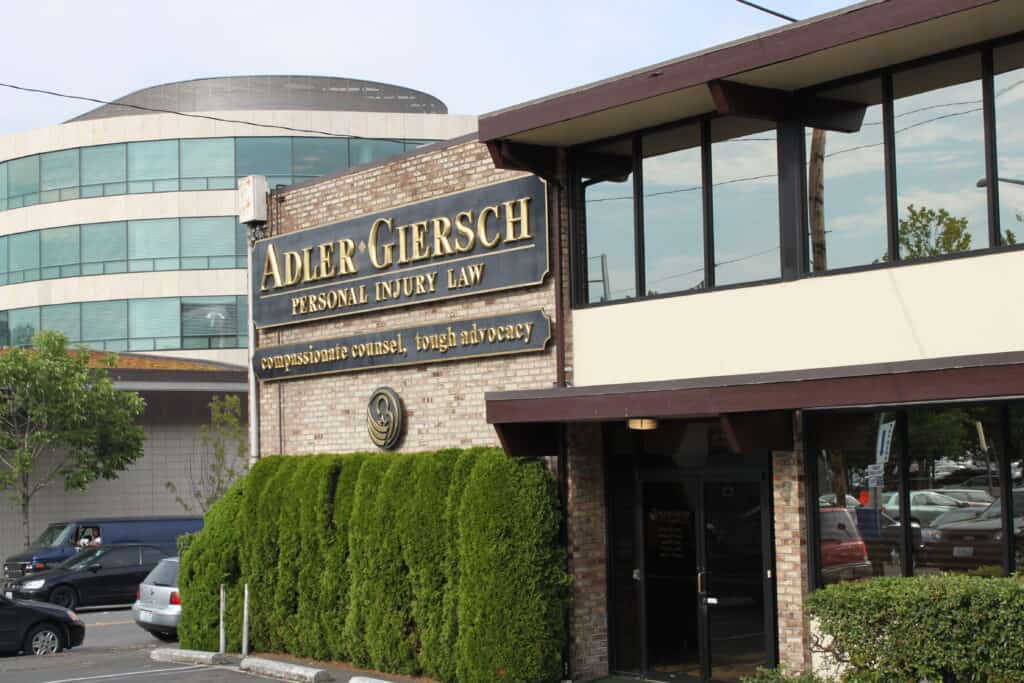Dealing with injuries as a result of trauma can be incredibly stressful. All of a sudden there are doctor appointments, insurance adjusters calling and sending you paperwork, you may be out of work, and alongside all of that is that little voice in your head saying “call an attorney.” So, how do you make a good choice? The right attorney will make a significant difference in the outcome of your case—but the wrong one will cost you time, money, and peace of mind. Here are some red flags to watch out for when hiring a personal injury lawyer.
1. Lack of Specialization in Personal Injury Law
Not all lawyers are created equal. Some attorneys claim they can handle any type of case, but personal injury law is complex and often requires specific expertise and a very good understanding of the medicine involved. If a lawyer doesn’t focus primarily or exclusively on personal injury cases, they may not have the knowledge or resources to handle yours effectively. You do not want to hire your cousin who handles real estate law, or even worse, your friend who practices “door law” – whatever comes in the door. If the attorney has a large list of practice areas on their website and practices everything from Animal Law to Victims Rights, that is a red flag.
2. Lack of Communication or Accessibility
You need an attorney who will keep you informed and respond to your questions, ideally within a few hours or less from when you make contact. You should never have to wait more than 24 hours to hear back from your attorney or the paralegal on your case. Poor communication early in the relationship is a warning sign of potential issues down the line. If you have difficulty reaching the attorney or their staff, or they fail to provide timely updates on your case, that’s a red flag.
3. Unclear or Vague Fee Structures
Most personal injury attorneys work on a contingency fee basis, meaning they only get paid if you win. But the percentage of your settlement that pays your legal fees is not always the same. Some attorneys may include hidden fees or unclear terms in their agreements. Always request a written fee agreement and make sure you understand how the fees and expenses will be handled. If the lawyer avoids discussing fees or pressures you to sign a fee agreement without fully explaining it, that’s a red flag.
4. Your case is worth a fortune!
While it’s natural to want a good outcome, no attorney can guarantee specific results or tell you what your case is worth after a 30-minute consultation. In fact, no attorney competent in a specific area of law can tell you what your case is worth without a lot more detail and preparing a solid case after months of work and research. Be cautious of attorneys who promise a big settlement or a fast resolution without first really reviewing the details of your case. If an attorney tells you what your case is worth after a 30-minute call, they just want the fee from your case, and are not focused on your best interests. This is a big red flag.
5. Pushy or Aggressive Sales Tactics
A reputable attorney should give you space to make an informed decision and give you time to discuss with family, come back with questions, have another consultation, etc. If you feel pressured into signing a contract or committing to representation on the spot, that’s a red flag.
6. Poor Online Reviews or Disciplinary History
Before hiring an attorney, take time to research their professional background. Online reviews, testimonials, and disciplinary records can provide insights into how they treat clients and conduct themselves professionally. If the attorney has consistent complaints about communication, fees, or ethics—or a history of disciplinary action from the state bar, that’s a red flag for sure. In fact, that should automatically be an eliminating factor when searching for an attorney. You can search for the attorney by name through the Washington State Bar.
7. Delegating Too Much to Non-Attorneys
While it’s common for paralegals and support staff to assist, your case should always be supervised and managed by the same qualified attorney you initially talk to at their office, and the attorney should be at the initial retainer meeting and handling all aspects of your case. If it seems like you’re only dealing with staff and never the actual lawyer, or the lawyer changes every few months, that’s a red flag.
8. Unwillingness to Go to Trial
Some lawyers have a reputation amongst colleagues – and the insurance companies – that they are “settlement attorneys” as they never go to trial due to fear and/or lack of experience in the court room. It could also be that that don’t want to invest the time and resources, or have too many cases to focus on yours. While settlements are common, your attorney should be ready and willing to go to court if it serves your best interest, and should develop your case and your story as if the case is going to trial, even if it settles. If the attorney you are interviewing has never been to trial, or brags that 100% of the cases they handle settle, that’s a red flag.
9. The attorneys who are on TV, radio, billboards, etc.
There are some attorneys who have adopted a mass-marketing approach to attract clients and spend a lot of money telling you through media that they are the best, will fight the hardest, etc. In reality, attorneys who advertise on these platforms more often than not are focused on high volume to make as much money as possible, and taking care of you is not usually the top priority. If you are looking at hiring an attorney that does extensive advertising, your “red flag” alert system should be going off and you should be asking them about everything outlined above.
10. Not every claim needs an attorney.
It may sound strange for an attorney to tell you “don’t hire me,” but not all cases need an attorney to have a successful resolution. If your injuries resolve quickly and do not require prolonged treatment, you may not need an attorney – but consulting with one is always a great idea to get your questions answered, find out your rights, and get an honest evaluation of the pros and cons of your claim from an experienced attorney. If the attorney tells you “no case is too small” or “every case has to have an attorney,” they are not being honest with you and that is a huge red flag.
Conclusion:
Choosing the right personal injury attorney requires careful consideration and can be a difficult decision. Take your time to fully interview and evaluate the attorney. Trust your instincts, ask questions, and do your research. A qualified and ethical lawyer will not only have the right experience but will treat you with honesty, transparency, and respect throughout the legal process and will not pressure you to sign an agreement with them immediately. Be sure to visit our FAQ page for more guidance and direction.








